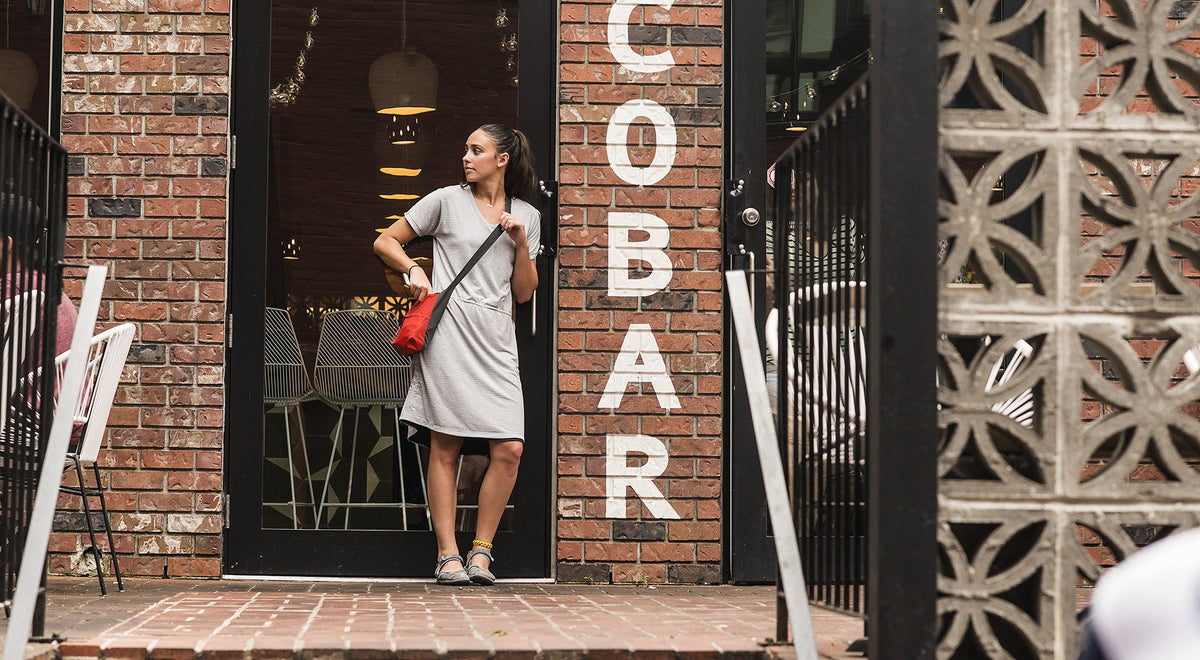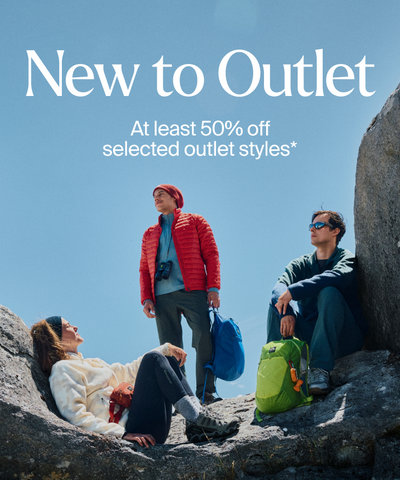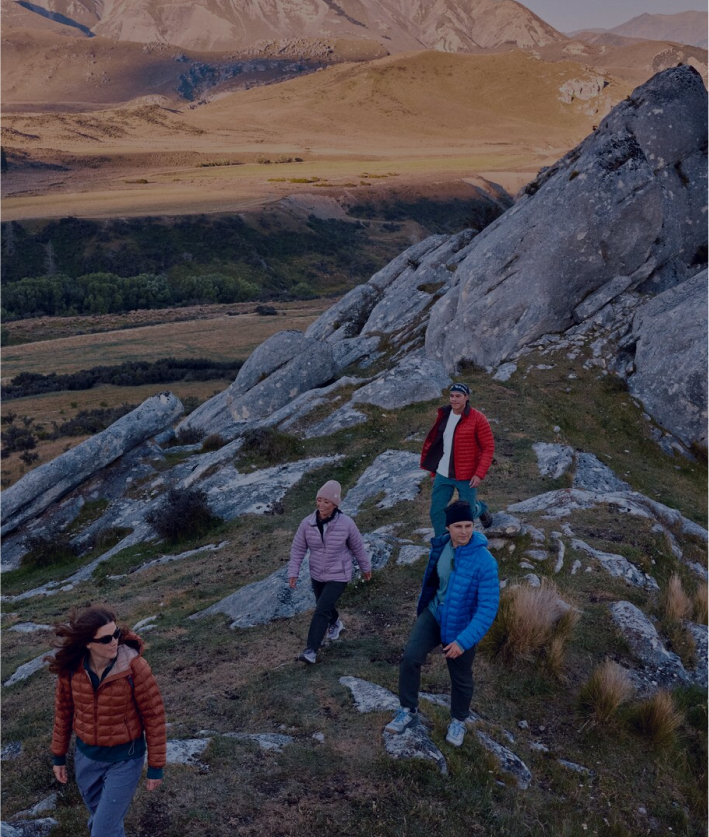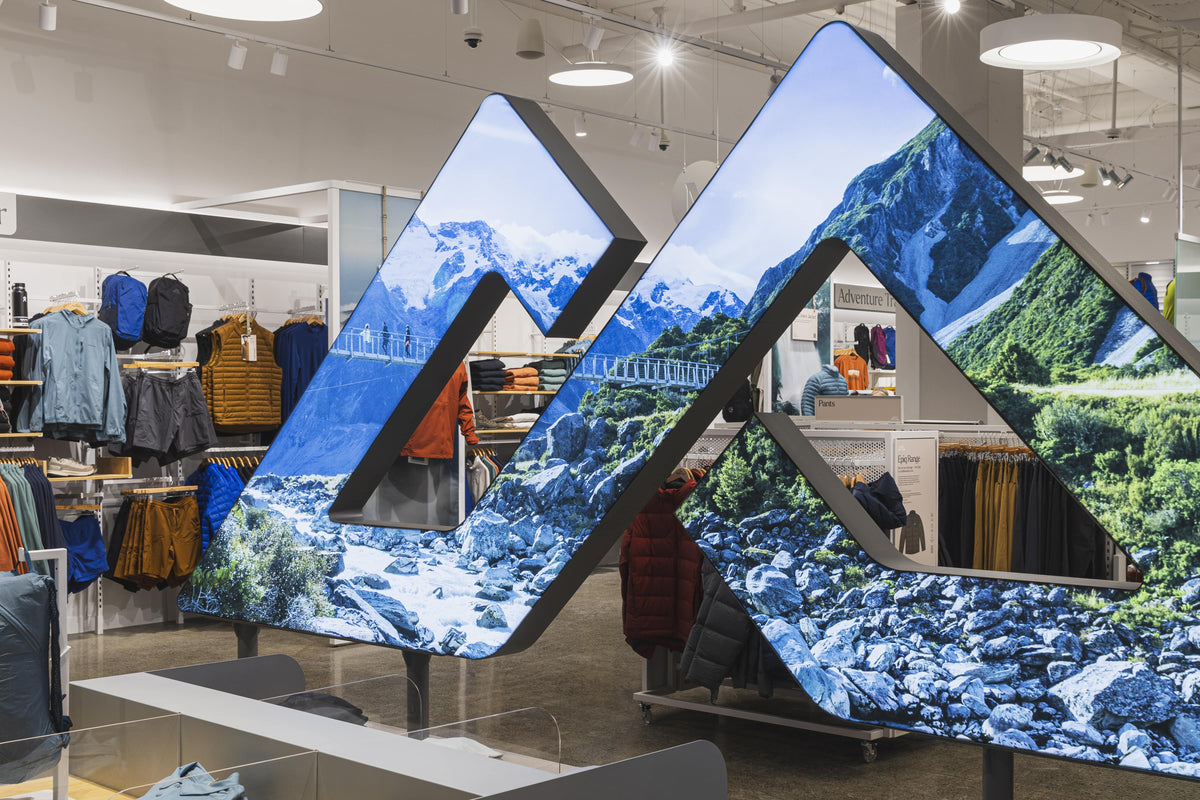Partnering with CanopyStyle to protect endangered forests

"The loss of these critical forests puts species, communities, our climate, the outdoors and therefore our business at risk. At Kathmandu, we support a future that does not use ancient and endangered forests in our man-made cellulosic fabrics".
- Kathmandu Materials and Responsible Textile Manager Manu Rastogi
A growing demand for viscose is threatening fragile habitats.
Is your top made of trees? Man-made viscose comes from wood fibres. It sometimes goes by name of rayon, modal or lyocell. It's an amazing fabric - soft and breathable like cotton, tough like polyester. The textile industry, especially the fashion industry, is using more and more of it every year. And that's fine - except when this growing demand starts to put pressure on endangered forests.
Kathmandu has joined CanopyStyle to be part of the solution.
CanopyStyle was formed in 2013 to protect endangered forests from being culled by the textile industry. Every year, between 70 and 120 million trees are felled for fabric. That’s enough to circle the equator seven times.
Global hotspots.
Canada, Brazil, and Indonesia are the biggest exporters of pulp. Indonesian rainforests are home to pygmy elephants, Sumatran tigers, orangutans, rhinoceros and thousands of bird, animal and insect species. Together, these make one of the world’s richest treasure troves of species biodiversity.
Indonesia ranks as the third largest global emitter of greenhouse gases (behind the US and China) – mostly because they are logging these high carbon peatland forests. In the last 50 years, over 40 percent of Indonesia’s rainforests have been lost.
Species have been pushed to the brink and forest-based communities have been evicted from their lands - sometimes even violently intimidated by aggressively expanding logging companies.
There are alternatives.
Trees might not be the best source of pulp. The current process wastes approximately 70% of the tree and uses a lot of chemicals to manufacture. One of CanopyStyle’s solutions is to support development of alternative pulp sources from agricultural waste.
CanopyStyle is now the fastest-growing environmental initiative in the global fashion industry. In the last three year, more than 100+ brands, representing more than $100 billion in revenues, have signed on to CanopyStyle.
By working with both producers and consumers (brands), CanopyStyle has locked in the manufacturers responsible for 70% of global viscose production to take steps to make sure they aren’t sourcing material from endangered forests.
You can help!
As an individual, your choices matter. Ask questions. When you spot a tag that says rayon, modal or viscose, ask what the brand is doing to ensure that the fiber is not coming from ancient and endangered forests. Does the company have a policy in place to work towards the protection of forests?












